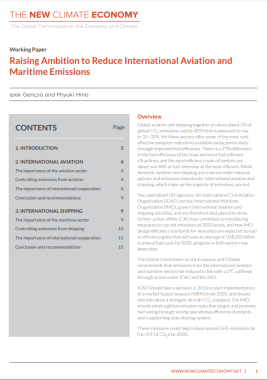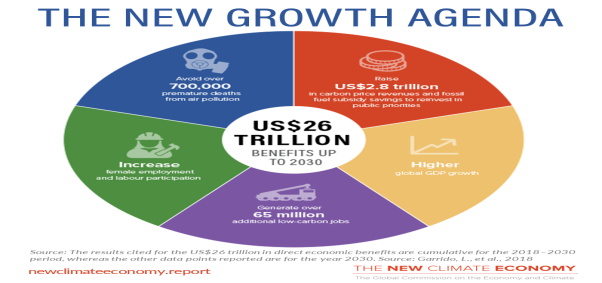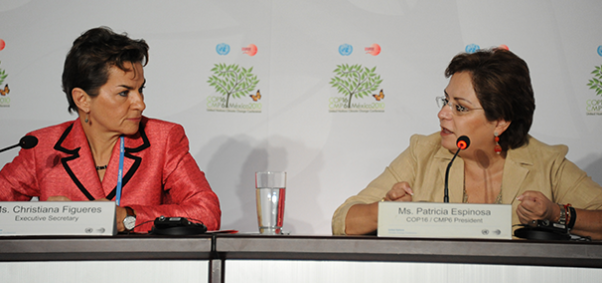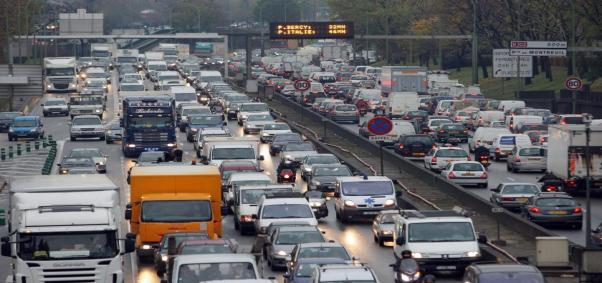
Global aviation and shipping together produce about 5% of global CO2 emissions, and by 2050 this is expected to rise to 10–32%. Yet these sectors offer some of the most cost-effective emission reductions available today, particularly through improved fuel efficiency. The Global Commission on the Economy and Climate recommends that emissions from the international aviation and maritime sectors be reduced in line with a 2°C pathway through action under the International Civil Aviation Organization (ICAO) and the International Maritime Organization (IMO).
Downloads
671.88 KB
1.2 MB
459.69 KB
5.38 MB
![]() Seizing the Global Opportunity: Partnerships for Better Growth and a Better Climate.
Seizing the Global Opportunity: Partnerships for Better Growth and a Better Climate.
6.21 MB
849.35 KB
![]() Raising Ambition to Reduce International Aviation and Maritime Emissions
Raising Ambition to Reduce International Aviation and Maritime Emissions




















